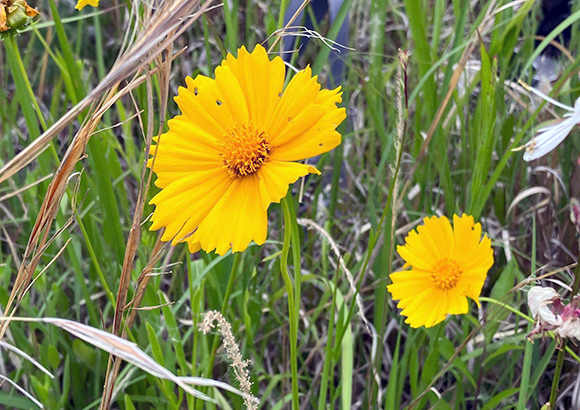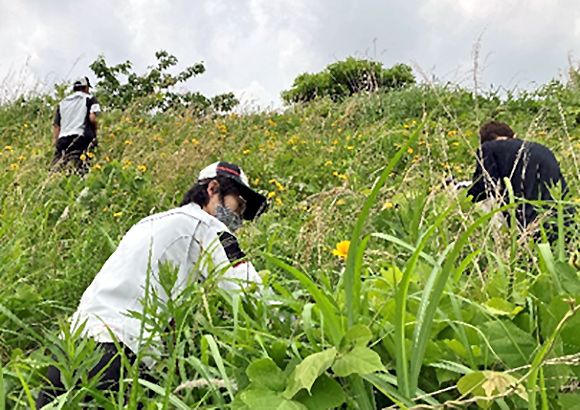Recognizing the conservation of biodiversity as a critical global challenge, Niterra Group identifies it as a material environmental issue for us to address, along with global warming mitigation and resource recycling.
For this reason, in April 2013 we established the Niterra Group Biodiversity Action Guidelines, which outline our policy on biodiversity conservation.
The Niterra Group recognizes that biodiversity is essential for a sustainable society and that the use of energy and resources and emissions of environmentally hazardous substances have an impact on biodiversity. We will work with our suppliers and external organizations to reduce environmental impact in all our business activities and promote actions to conserve biodiversity.
Using the Niterra Group Biodiversity Action Guidelines as a guide, while being fully aware that our activities, particularly involving the use of energy and resources, are inevitably causing impacts on biodiversity, we will continue working to reduce such impacts throughout our business operations, in cooperation with our suppliers and external organizations.
In addition, we will fully comply with all applicable laws and regulations and will not pollute rivers or destroy forests.
The Ise Plant has introduced a “closed system” for production wastewater in order to protect the rich nature of the surrounding area. Production wastewater is not discharged outside the plant site and is purified and reused on site.
As one of the activities outside the business activities, together with Komaki City, Komaki City Natural Environment Watchers (citizens registered with the city through an open application), and neighboring companies, we are working on extermination of the invasive alien species lanceleaf coreopsis in Komaki City every year.
 Lanceleaf coreopsis
Lanceleaf coreopsis Extermination of lanceleaf coreopsis
Extermination of lanceleaf coreopsisIn October 2023, we participated in the Task Force on Nature-Related Financial Disclosures (TNFD) Forum, which aims to promote activities related to biodiversity conservation. In January 2024, we also registered as Early Adopters (TNFD Early Adopters) of the disclosure recommendations published in September 2023 (TNFD Recommendations) and indicated our intention to disclose information in line with the TNFD Recommendations on natural information by FY2025.
We will examine the impact of our business activities on nature and the risks associated with the loss of nature, strive to disclose appropriate information, and work with stakeholders to promote initiatives for natural capital and biodiversity throughout the value chain.


We are progressing with our assessment of dependencies, impacts, risks, and opportunities on the environment and biodiversity in line with the LEAP (Locate, Evaluate, Assess, Prepare) approach as outlined in the TNFD disclosure recommendations.
Currently, during the "Locate" phase of the project, in which we are discovering points of contact with nature, we have used ENCORE to assess the potential dependencies and impacts of the Group's operations on nature. We will use these results as the basis for further analysis and evaluation.